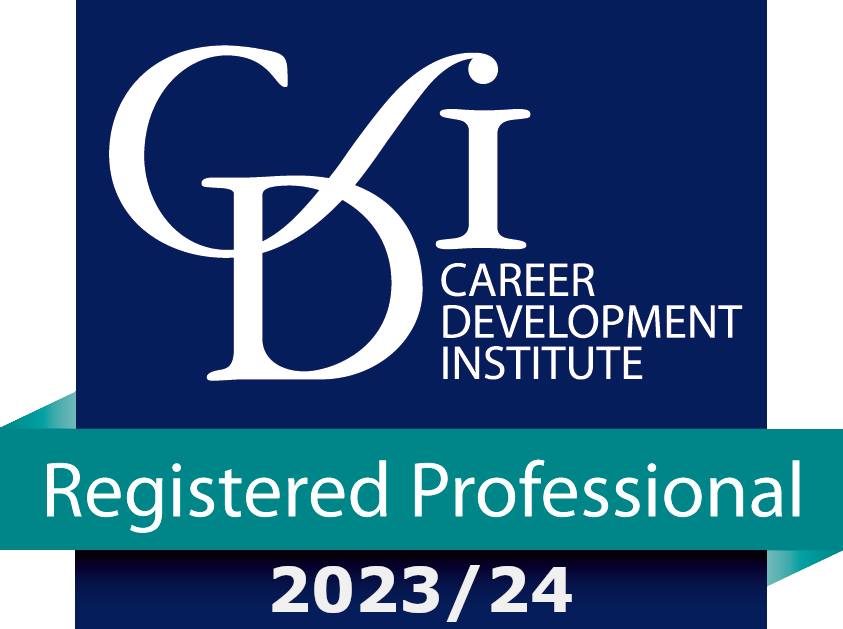CEIAG & Careers Leaders
- More connected than you think: GCSEs and university success
More connected than you think: GCSEs and university success
Thursday 28th November 2013
A post by Alex Kelly from www.unifrog.org
‘Sir! This is so long! Why do I have to do this stupid subject when I know I want to be an engineer / doctor / accountant / lawyer?’
We’ve all heard this sentiment expressed by GCSE students. I taught English, which as a core subject was generally afforded a modicum of respect. Humanities teachers seem to suffer the worst.
At the beginning of their careers teachers respond to this kind of complaint with a reply along the lines of: ‘Because learning is an amazing gift’. A few years later they often switch to, ‘Because I’m paid to teach you. So belt it.’
In fact there is another reply which might be more effective: students need to get a broad set of good GCSE results because university admissions tutors take performance at GCSEs very seriously.
Why do admissions tutors set great store by exams which students take two and a half years before they apply to university?
Firstly, GCSEs show admissions tutors that students have wide academic expertise. They want to know, for example, that someone taking only sciences at A-level can also string a sentence together.
Admissions tutors have a point here. Our ‘Route 1’ progression route of GCSEs > A-levels > Degree requires earlier specialization than almost any other national system. A-levels look very narrow in academic scope next to the French Baccalaureate, and compare our university system to that of the US where undergraduates don’t pick a major until their second or third year.
Why else do admissions tutors care about GCSE results? A solid performance is evidence that students are organized enough to handle a varied workload, and that they have worked hard over time, and haven’t just ‘switched on to learning’ after reaching the Sixth Form. In this way good GCSE grades persuade admissions tutors that a student will be easy to teach at university.
A new and very compelling reason for GCSEs’ importance to admissions tutors is that soon they will no longer have the use of students’ AS-level grades to gauge abilities. In most students’ cases, GCSEs will provide the only hard data when comparing students – all the other metrics – Personal Statements, Teacher References, grade predictions, and where relevant interviews – are soft data. It seems hard-wired into the human condition that hard data is more compelling than soft data.
If you are dealing with a student who has screwed up their GCSEs but is ambitious about going to university there is still plenty of hope, however. Another new trend is the rise in importance of Clearing and Adjustment – the scramble for university places after A-level results are announced. Clearing is for students who have missed both their firm and insurance offers, and Adjustment is for those who have exceeded their firm choice offer (and in reality it’s also used by students who have just met their firm choice offer, but want to shop around regardless). This year only four UK universities had no places available via Clearing, and many prestigious universities made offers to students applying to them via Clearing and Adjustment that were far lower than they would have been likely to make via the normal application process.
Where does all this leave us? Students should know that admissions tutors take GCSE results more seriously than they might expect. But it’s also true that in this increasingly student-centric market, students without great GCSE grades can end up playing the field and going to a good university.
Alex Kelly taught English at Highbury Grove School before founding the education charity The Access Project. He now runs the award-winning social enterprise Unifrog, which makes it easy for students to choose the best universities for them, while helping teachers to track students’ progress. For a free trial, please click here. [www.unifrog.org/sign-up]





